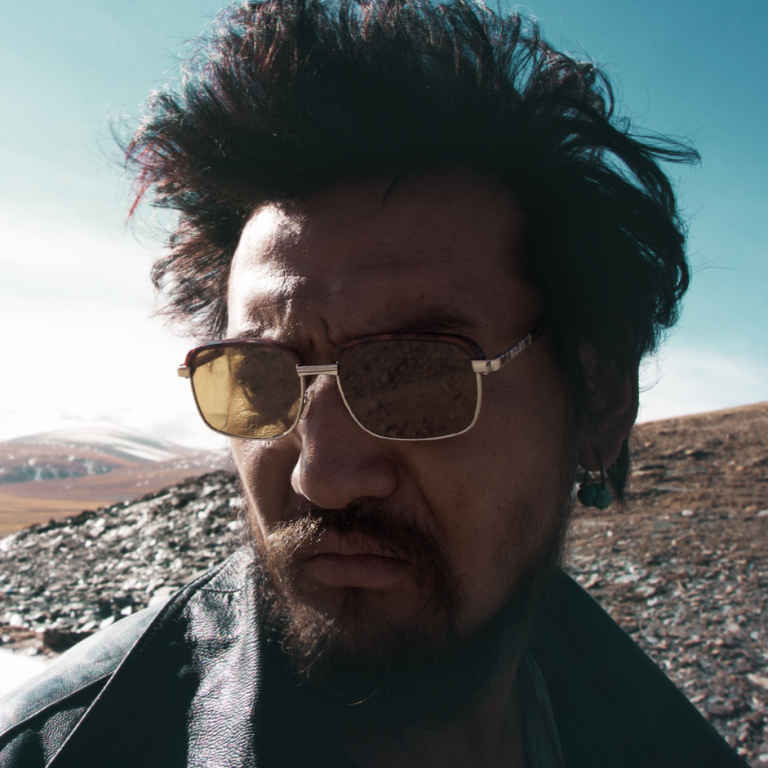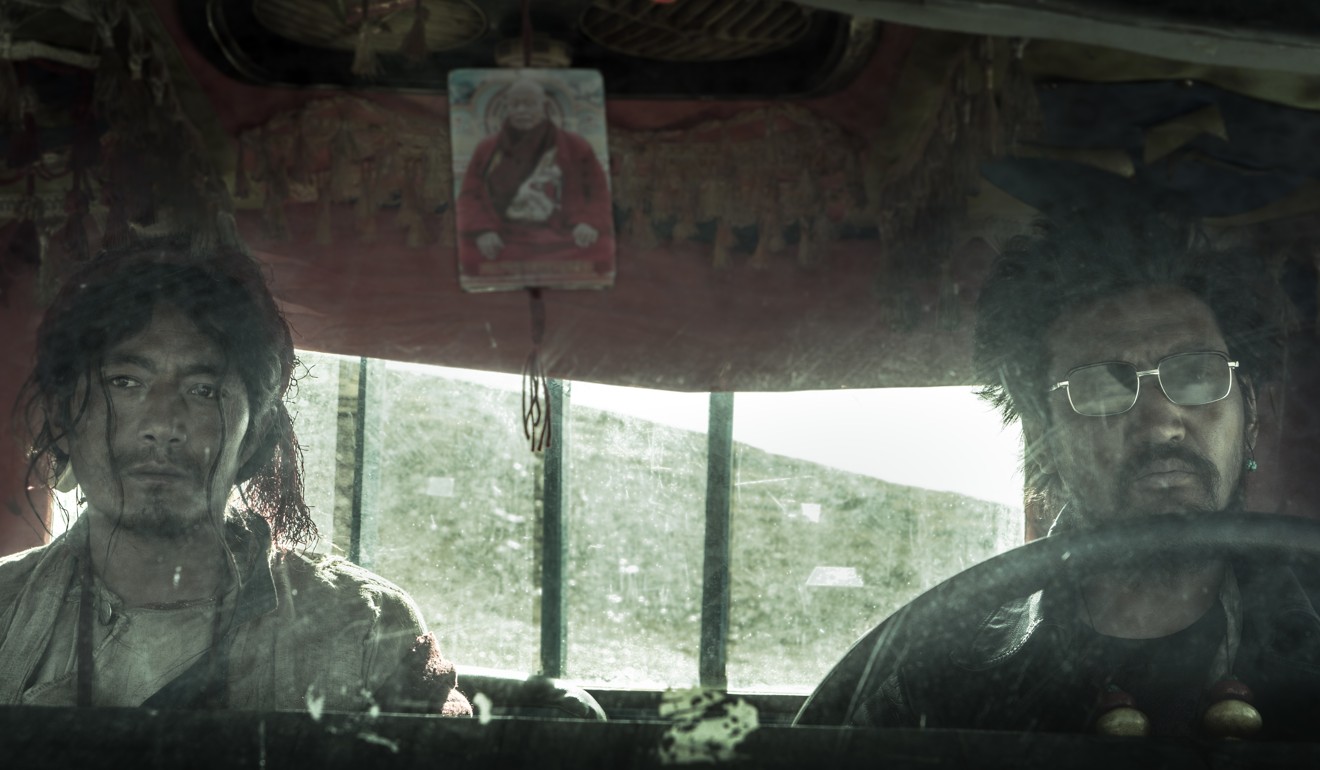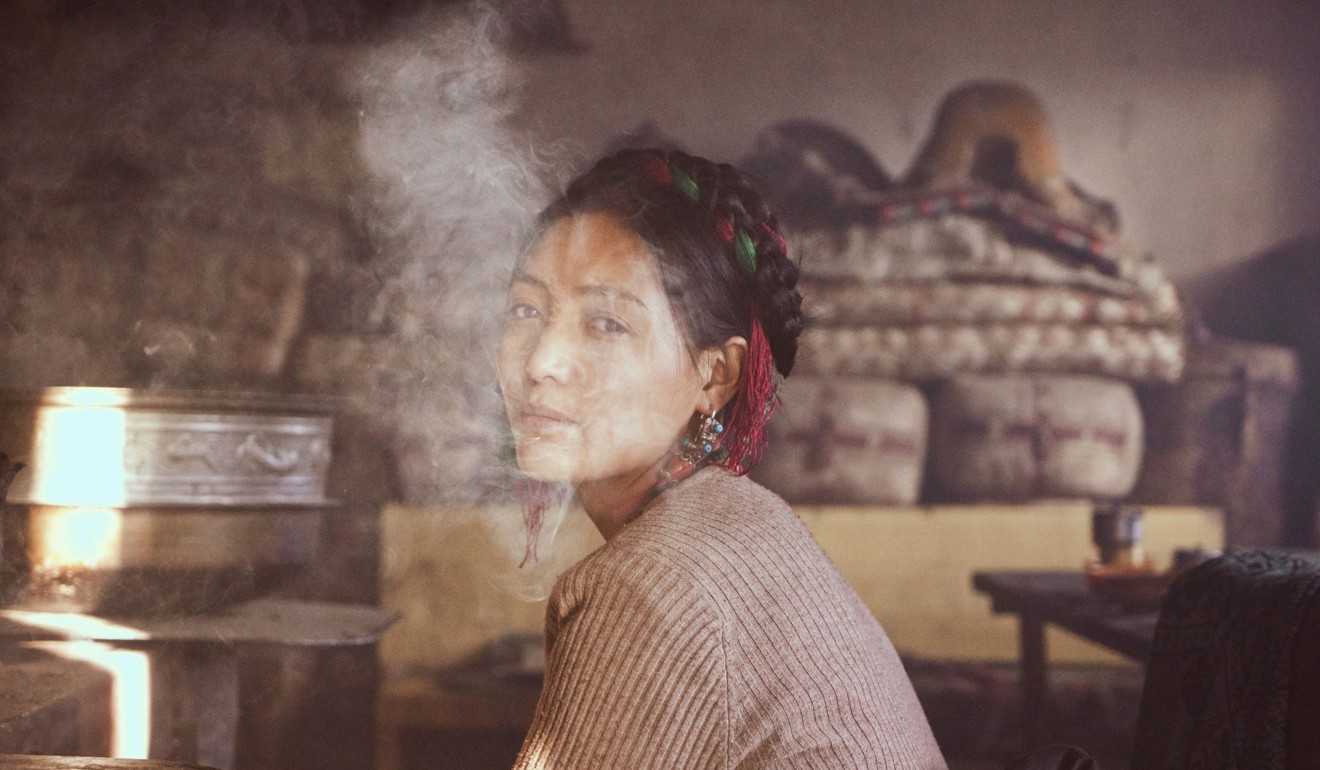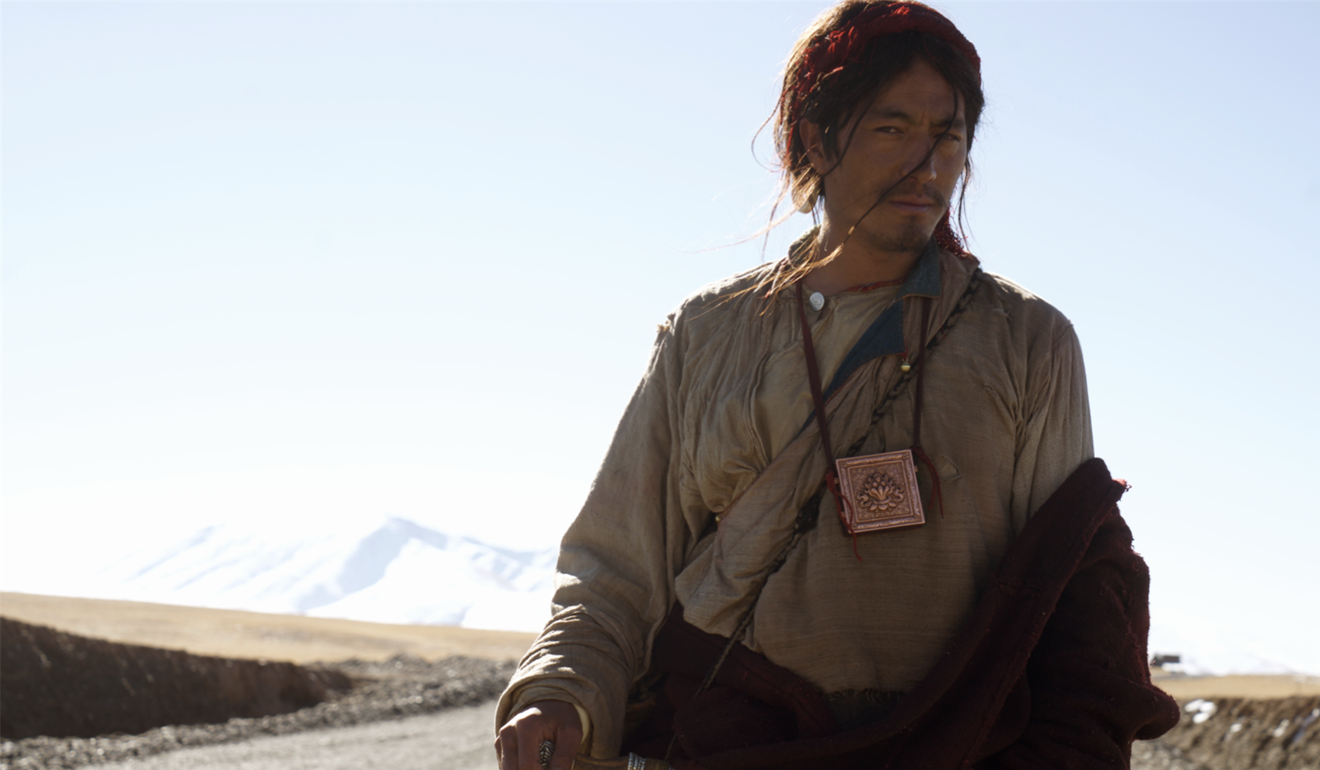
Tibetan filmmaker Pema Tseden on self-censorship, Chinese art-house film, and his late start in movies
- As a filmmaker you learn about the subject matter you’re allowed to tackle and that which you’re not, says director, whose sixth feature, Jinpa, opened recently
- The 49-year-old says he got into filmmaking to give an accurate portrayal of the Tibetan way of life
He’s Tibetan, and he makes films, yet Pema Tseden has so far avoided trouble with China’s censors, despite the extra scrutiny they give anything concerning the country’s ethnic minorities – so much so that some might say he makes the stringent censorship system look lenient.
A metaphysical drama set on Tibet’s Kekexili Plateau, it contemplates life, death and karma through the simple tale of a truck driver who accidentally runs over a sheep.
The 49-year-old reflected on his filmmaking in an interview with the Post during a recent visit to Hong Kong.
You worked in other professions for nearly a decade before switching to filmmaking. How did you decide to take it up?
There wasn’t any special reason – I just like movies. But there were no film schools in the region I grew up in, so making films for a living did not initially cross my mind. I studied to be a teacher during high school, and I worked for about four years as a primary schoolteacher. Then I got myself into university to study Tibetan language and literature, and I worked as a civil servant after graduation.

It didn’t feel like a suitable job for me, though, so I went back to graduate school to study Tibetan-Chinese translation. After that, I came across a scholarship to study in the Beijing Film Academy and I’ve been working in film ever since.
What were the earliest films that you watched?
There used to be these outdoor screenings that were held once or twice every month in my village. So I’ve watched a lot of films since I was young. But those films – with few exceptions – all had similar subject matter; they were mostly about the revolution, about war.

Then at one point, during the 1980s, many government officials came to our village to build a hydroelectric power plant. They had a hall, and it was there that I watched Charlie Chaplin’s Modern Times. That film was completely different from what I’d been watching. There were also some other foreign films being screened, but most of those were from socialist countries.
You’re known as the first Tibetan director to make a film entirely in the Tibetan language. How do you feel about this?
In the past, there were few filmmakers in Tibet who made films about the Tibetan way of life. There were some films made by people from other ethnic groups, and most of those films were in Chinese. That’s probably also one of the reasons that I decided to make movies – apart from the fact that I like cinema.

When I looked at those films that purported to represent my ethnic group, I saw a lot of problems, like in the details of their depictions of everyday Tibetan life. I found them very unsatisfactory, and I knew that if I were to make a film about my own culture one day, my film would be very different.
Your latest film, Jinpa , opened in the same week as Avengers: Endgame in China. What do you make of the box office performance of your films?
If this had happened a few years ago – like when my last film, Tharlo, was released in 2016 – there would not have been any chance of my film surviving against an American blockbuster. But things are a little different now. The release of Avengers: Endgame was announced after our own release was confirmed, so we couldn’t really help it. But we’re optimistic nonetheless because of the growth of art-house cinemas in China in the past couple of years. It’s a guarantee that our film would [at least] be shown by the art-house cinema chains. So things are changing, and I’m feeling relatively good about it.

You have helped usher in a new generation of Tibetan filmmakers. What do you think of today’s Tibetan cinema?
After I made my first film, The Silent Holy Stones, in 2005, people in Tibet were very happy to see that we finally have a film that is made by our own people and reflects our own way of life. There were many young people who realised then that filmmaking is a way to express themselves, and they started to create [their own films]. But overall, the subject matters have been limited.
Filmmaking has to pay heed to commercial realities, and in Tibet there’s not much of a market to speak of. The films people make are not genre-oriented or commercial enough; they tend to be more art-house. That’s the current state of Tibetan cinema: the filmmakers are passionate, but few of us know the next step forward.

You were in the news in 2016 when you were reportedly detained by police for five days in Qinghai and suffered violent treatment. Would you mind clarifying what happened then?
That’s difficult to say. In the end it’s never really settled.
Was that incident in any way related to your creative work?
No, it wasn’t related. It was an accident. It had no impact on my creative work, although it had a bit of impact on my personal life.
After I made my first film, The Silent Holy Stones, in 2005, people in Tibet were very happy to see that we finally have a film that is made by our own people and reflects our own way of life.
Tibetan culture remains a sensitive subject, yet you’ve managed to receive official approval from Chinese censors for all six of your feature films to date. What’s your secret?
When we studied filmmaking, we also got to learn about the state of filmmaking in the real world. It’s a matter of choice. Filmmakers in China know to adopt self-censorship. You gradually learn about the subject matter that you’re allowed to tackle, and that which you’re not.
That’s also partly why my first few features, from The Silent Holy Stones to Tharlo, were realistic films. Before I learned about censors, it felt like there were a great number of topics in Tibetan culture that I could film. But after you’ve learned more, you know there aren’t many.

I even scripted a historical story early in my film school years, and our teacher was like, “What’s the point of writing this if you can’t film it?” [Laughs] I had no idea.

